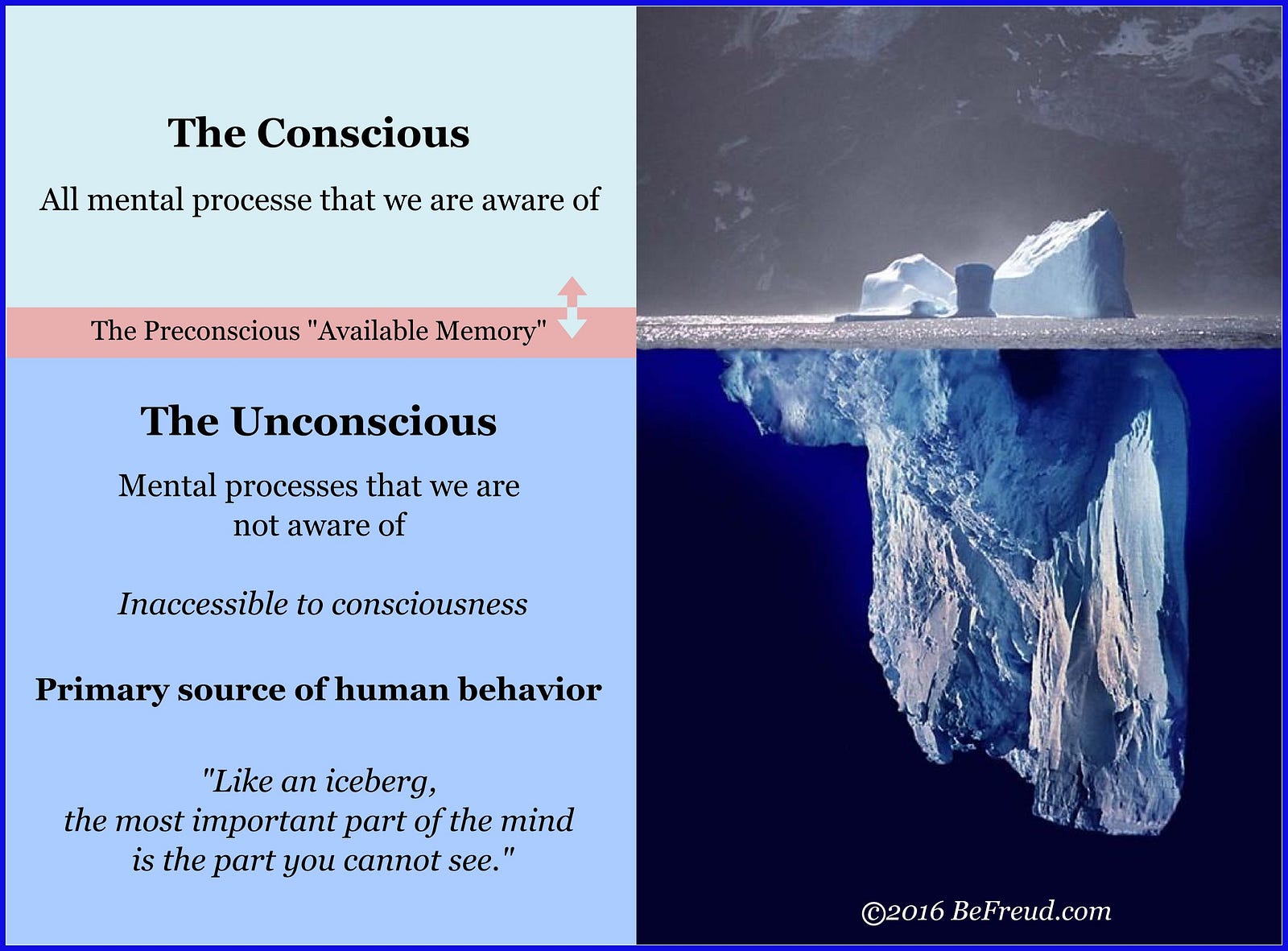The Hate Crime that is Peoples attitude to Mental Health
noreply • 25 March 2019
You Know You Have Done Wrong, Stop Making Excuses
If you look hard enough and actually really open your eyes and your ears, the masks that people wear to hide their insecurities can easily be seen, they can reveal themselves and this simple change in attitude will stop the hate crime that is poor mental health.
But that means
YOU
need to recognise that people are different and difference can be hidden.
So what do I mean by that?
Wellbeing isn't a process, it isn't a webpage, an app, it's not a service you go to when you are in crisis.
It is an attitude towards something that is not tangible. It is everything we are and everything we do, it is not an outcome.
I will explain based on my own experience and prejudice towards me.
If I said to someone:
"You know you did wrong being gay, stop making excuses"
"Yes he is laid back, his family come from the Caribbean, that's how he is, what can you do"?
"She brought it on herself, no wonder she got raped"
"She's a women, she can't do it"
"Yes he's mentally ill, we can't employ him"
I would hope you are shocked,.
With mental ill health we treat the outcome instead of stopping it happening in the first place and even when someone does have a breakdown, we pity, we put our own insecurities into actions which often don't serve the person who needs help. In short we make it worse.
What you should be saying is "WHY DID I/WE ALLOW THIS TO HAPPEN".
We stick a plaster over the problem and never fix the real issue, which is our attitude to each other. That is why I love being an RTT Therapist.
Mental wellness is not like a break or a cut, you can't put a plaster on it and it will get better. It is something which develops over years and we,
ALL OF US , create hate crimes on our mental wellness everyday.
These subconscious actions based on our own values, drive into people like small daggers and when we penetrate peoples mental wellness enough we start the chain that inevitably, if not stopped leads people to crisis and sometimes even death.
Every person in the world including myself impacts on peoples wellbeing and yesterday whilst at work a colleague opened my eyes to this subconscious action.
The breakdown which fueled my passion and led me to becoming a therapist and helping people transform there lives came from years of being told I was not enough and different.
The breakdown happened over years of little daggers attacking me from everyone I came into contact with,
which I allowed to break my soul . This led to 2 mistakes which were in fact cries for help that no one dealt with until I broke.
The out come was to be placed on a disciplinary process, it was felt this was the best way to deal with it.
Yes I had a mental health breakdown and I was placed on a disciplinary process.
Now you may think that is out of order. But ask yourself this.
Why did the person act in such a way that we feel we need to discipline them?
The reason was because there mental well-being was affected, we use punishment to keep people in line.
Now I accept there needs to be boundaries and rules, but how we react is important, do we punish or do we listen, support and learn?
Didn't we used to segregate black minority people, did we not profit off slavery?
Did we not allow women to vote?
Would we accept that today?
No, not at all, so why do we still accept that it is OK to say to people "YOU KNOW WHAT YOU DID AND YOU HAVE TO ACCEPT YOUR PUNISHMENT".
Prior to the breakdown I was already broken, I wore my mask and I didn't even realise.
When you are so deep in crisis, when you are living in survival mode, the things that are obvious to others, the conscious logical thoughts people not in crisis have towards you, as you wear your mask of normality are cruel and hateful.
So you continue to wear the mask as the battle between your subconscious mind and conscious mind goes on.
Look below and make your mind up which one wins?
Look at the image below and tell me are your attitudes towards people based on facts or emotion?
Look at the image below because without you knowing it, every experience you have had in life drills into your subconscious mind
Look at the image below and know every action you take which effects someones mental wellbeing is a hate crime, it's a dagger, it's the next step to that person having a breakdown, taking their own life. You did that, I have done that and you don't even know it.

Yesterday I shouted at my son for leaving his stuff around, I placed a dagger in him, my words and my actions through my frustration did that to him.
My friend who told me I had to take responsibility for my actions and not blame my mental health was right, but at the time I did not consciously do what I did. I have had my career and life stopped momentarily because I was judged based on what a person with conscious thought I should have done.
Your mind has one job,
to
keep you alive , so when you are going into crisis, that stage of permanent survival mode gets rid of logical thought, it expresses itself through emotion, through feelings, it floods your body with the primeval thoughts and actions to either fight, flight or freeze.
The subconscious does not care about your happiness it believes you are still a caveman and does not conform to policy or procedure.
So as you can see every time you slag someone off, every time you judge someone, every time you tell a tale, every time you punish, you set a seed, you place a dagger in that person and you are committing a hate crime.
The reaction by the person you are hurting is to fix that mask tighter, because we need the tribe to survive, we need connection and when you single that person out and say you did something that doesn't conform to my logical thought, you commit a hate crime.
Your words are powerful so be mindful how you use them.
Good News
The good news is the same behavior can be used by changing your words and actions.
By really seeing, listening and feeling you can help someone break the cycle of fear.
When something happens which you don't like - STOP
Ask yourself are my actions about to lift that person or punish them
Ask yourself do I have the skills to deal with this
Ask yourself what simple act of kindness can I do to help
Just using positive words, just having a positive attitude, smiling, even in the most difficult of situations can help a person, start to raise them out of survival mode and then they can seek help.
As the amazing Police Commander John Sutherland so beautifully says "EVERY CONTACT LEAVES A TRACE".
So if you are going to leave a trace make it positive or don't leave it at all.
Ask yourself are my actions a dagger towards someones downfall.
If you choose that remember you also suffer from that action.
So equally if you lift someone you lift yourself.
So don't commit a hate crime, be the hero to save a life

But that means YOU need to recognise that people are different and difference can be hidden.






















